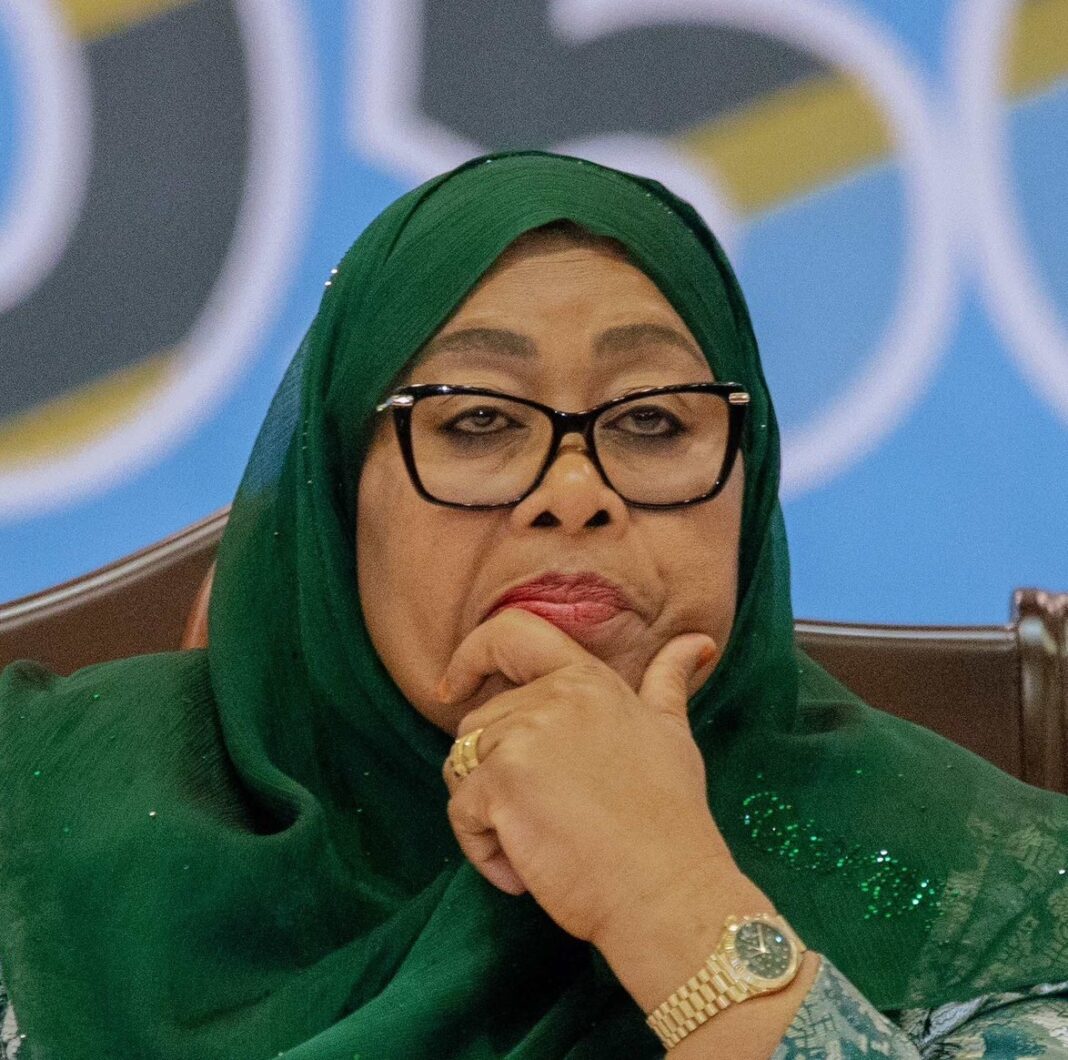Tanzania has ignited a fierce diplomatic row across East Africa after announcing sweeping restrictions that bar foreigners from operating small-scale businesses, a move that critics say violates the spirit of regional integration and threatens to unravel decades of cross-border economic cooperation.
President Samia Suluhu Hassan’s administration issued the controversial directive on July 28, 2025, through Government Notice No. 487A, which prohibits non-citizens from engaging in 15 specific business activities including retail trade, hairdressing, mobile money services, phone repairs, tour guiding, and small-scale mining operations.
The policy takes immediate effect, though existing license holders can continue operations until their permits expire.
The decision has sparked immediate backlash from Kenya, where lawmakers and business leaders are demanding retaliatory measures against what they view as a flagrant violation of the East African Community Treaty.
National Assembly Trade Committee Chairman Bernard Shinali has called for reciprocal restrictions on Tanzanian businesses, declaring that “Tanzanians have gone too far and we should just cut links with them.”
The ban directly contradicts the EAC’s Common Market Protocol of 2010, which guarantees freedom of movement for people, goods, services, labor, and capital across member states.
At least 40,000 Kenyans currently live and work in Tanzania, though the exact number engaged in the newly prohibited sectors remains unclear.
Tanzania’s Trade Minister Selemani Saidi Jafo justified the restrictions as part of a broader strategy to promote citizen-led economic growth and create opportunities for the country’s nearly 60 million people ahead of October’s general election.
The policy comes amid growing pressure on the Suluhu administration to deliver tangible economic benefits to voters.

Violators of the new regulations face harsh penalties including fines up to 10 million Tanzanian shillings, six months imprisonment, and potential revocation of residence permits.
Even Tanzanian citizens who assist foreigners in prohibited activities risk prosecution with fines of 5 million shillings or three-month jail terms.
The restrictions extend beyond traditional retail to encompass domestic cleaning services, postal delivery, real estate brokerage, and gambling operations outside licensed casinos.
However, the policy includes limited exemptions for tourism-related businesses, allowing foreigners to operate salons within hotels or run supermarkets serving local producers.
This latest move follows Tanzania’s May decision to ban foreign currency transactions for local trade, requiring all business to be conducted in Tanzanian shillings.
The combined policies represent Tanzania’s most aggressive economic nationalism campaign since independence.
Kenya’s tourism sector has expressed particular concern, with Kenya Coast Tourism Association Chairman Victor Shitakha warning the ban would devastate Kenyans providing tourism services in Tanzania.
The restrictions revive memories of previous trade disputes between the neighbors, including tour guide bans and flight suspensions that were only resolved through a 2021 memorandum of understanding.
East African Business Council Chairman John Lual Akol condemned the directive as undermining regional integration, stating that “this is not what the EAC is based on.”
Kenya Private Sector Alliance Chairman Jas Bedi termed the move counterproductive and suggested it might be politically motivated given Tanzania’s approaching elections.
Tanzania joins a growing list of African nations including South Africa, Zimbabwe, Ghana, and Nigeria that have reserved certain economic sectors for their citizens.
However, the timing and scope of Tanzania’s restrictions have raised particular concern about the future of East African economic integration.
As tensions escalate, Kenya’s government has yet to issue an official response, though parliamentary committees are preparing to summon trade officials for emergency consultations.
The diplomatic crisis threatens to derail years of progress in regional trade facilitation and could trigger a wave of retaliatory measures across the EAC bloc.
The dispute highlights the delicate balance between protecting domestic economic interests and maintaining regional integration commitments, a challenge that may define the future trajectory of East African cooperation as member states grapple with domestic political pressures and economic challenges.


